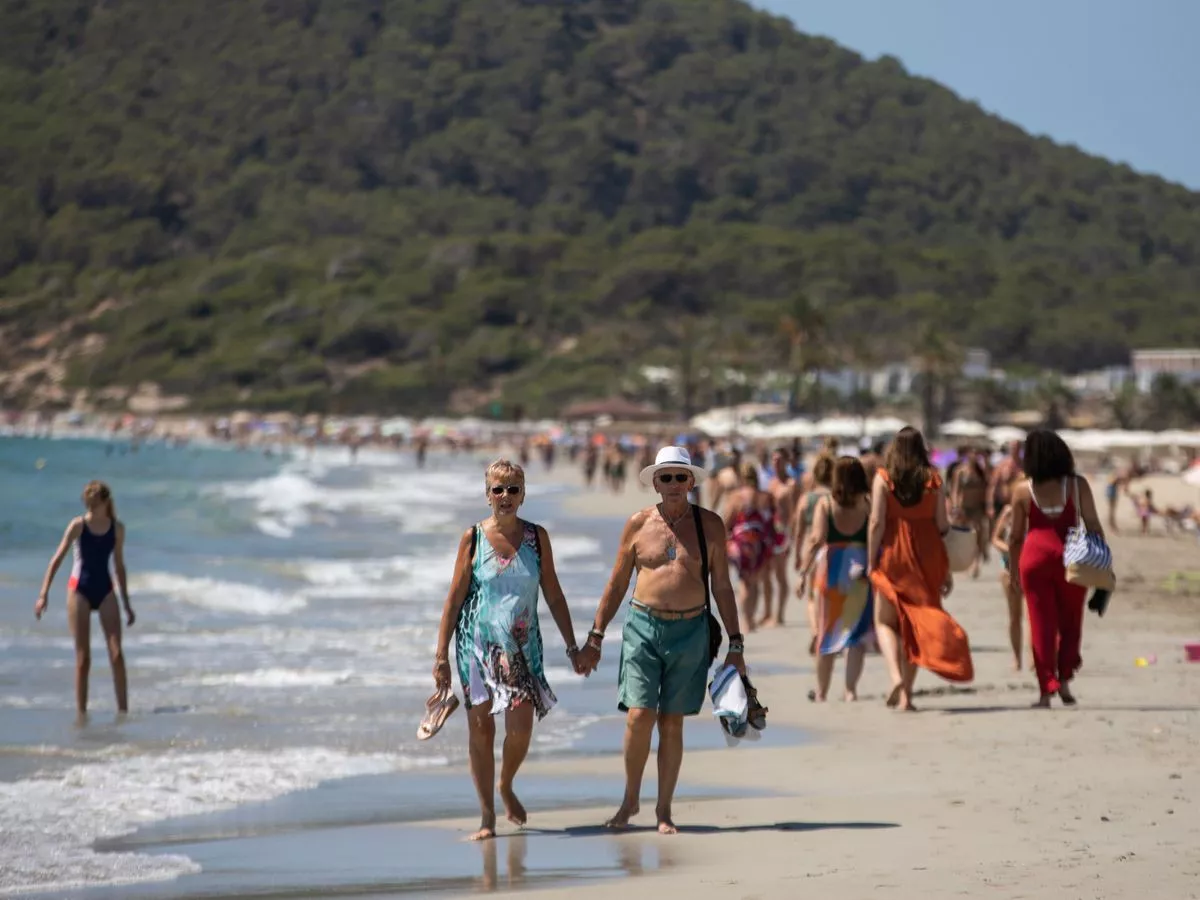Tourists have been warned to take care in the extreme Cerberus heatwave
The school summer holidays are almost here. In a matter of weeks, thousands of families will be jetting off to hotspots in Spain, Italy and Greece.
The hotter climes are sure to be a welcome break from the current rain and thunderstorms sweeping England and Wales. But the sun-soaked European countries will be even hotter than usual due to the Cerberus heatwave, and tourists are being warned to becareful.
Fifteen cities in Italy have been put under heat advisories, with high risk warnings for older adults, infants, and vulnerable people. Spain has had sweltering temperatures of 45C and in Greece they’ve been forecast highs of 44C in the coming days.
A spokesman from The Travel Association (Abta) said: “High temperatures around our favourite holiday hotspots are not uncommon at this time of year and it is always important that you take sensible precautions, particularly making sure that you and your family drink plenty of bottled water as it is extremely easy to become dehydrated, and always use plenty of high factor sun cream.
“Follow the example of local people and leave the beach at midday and early afternoon when the sun is at its most powerful, to have a long, leisurely alfresco lunch in the shade. Holidaymakers have the option of cooling off in the pool or sea and don’t forget to put on the air conditioning or turn on the fan at night to ensure you have a cool, restful sleep.”
Rebekah Sherwin, an expert meteorologist from the Met Office’s global forecasting team, said the “heatwave conditions already occurring across much of southern Europe, northwest Africa and the Middle East are expected to continue through the coming week”.
She added: “Peak temperatures, which are around 10 to 15C higher than average, could reach the mid-40s degrees Celsius in parts of southern Europe and up to 50°C in parts of North Africa. Higher than average temperatures are also likely at times further north across Europe, but these will be shorter lived and less impactful.”
Source: Wales Online







